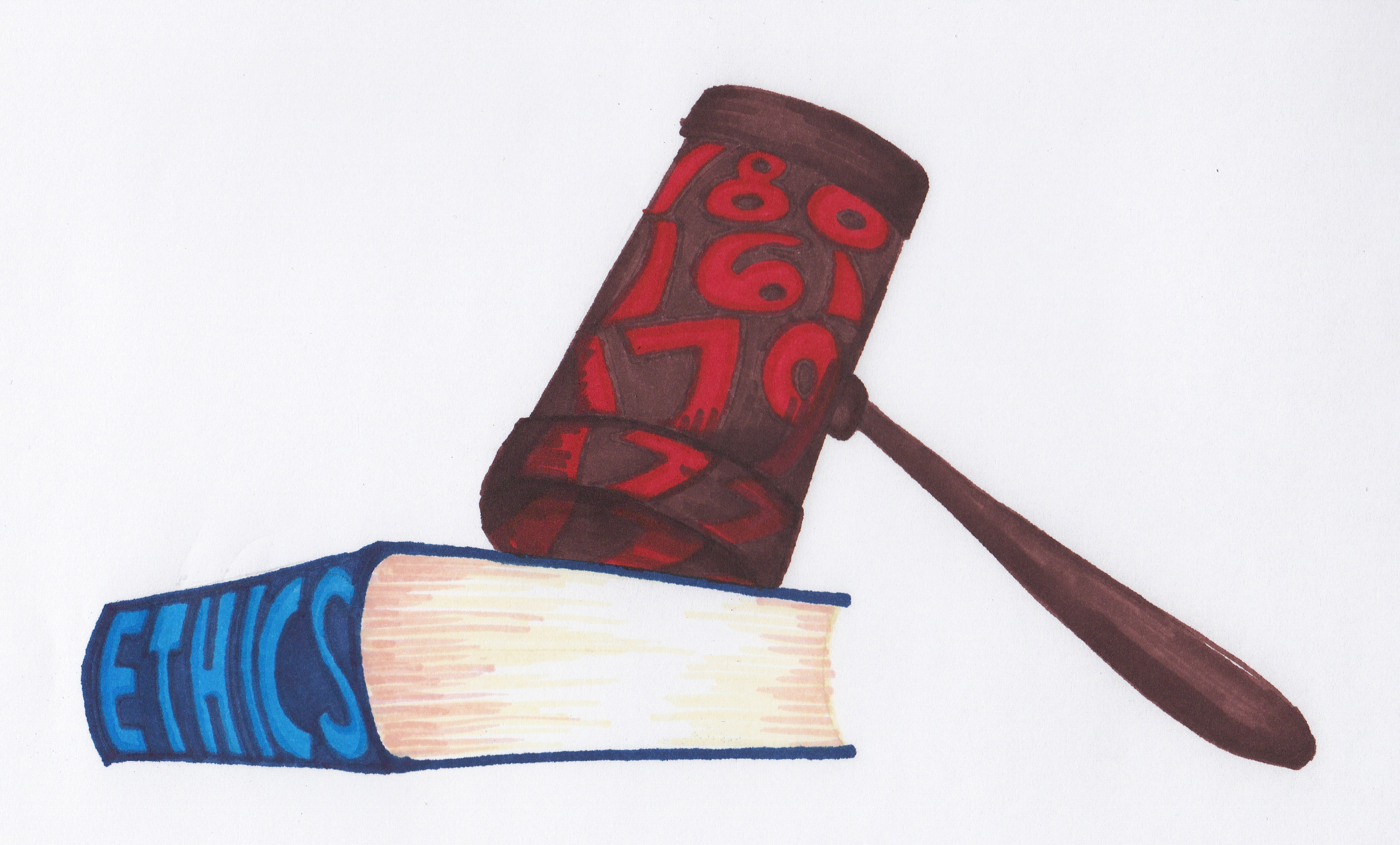Rearranged Law School Rankings

By Andrew Zaki
Nov. 3, 2011 12:08 a.m.

I’ve got my life all figured out.
I’m going to become a software developer, get a job with SAS and move to Louisville, Colo.
After all, a career in software development ranked No. 1 among fast-growth fields, the software firm SAS was ranked No. 1 in the category of best companies to work for and Louisville, Colo., is the best place to live, according to CNN Money rankings.
The fact that I am a political science student, don’t know a thing about SAS and never liked Colorado may be a problem. But I’ll just have to adjust.
Of course, I’m being silly. To allow rankings to determine the choices you make in life is unreasonable. Rankings cannot accurately predict what job is the best for me, what company I should work for or what city I should live in.
Yet, for some reason it’s OK to look to the U.S. News and World rankings of law schools when deciding where to apply.
But why should that be considered any more valid than the list ranking the best cities to live in? Why should it guide where one applies or decides to go to school?
It shouldn’t. Yet as I watch fellow law school hopefuls frantically polish their personal statements, I can’t help but realize that it does.
Ask anyone applying to law school what the top 10 are and the response should take less than a minute. There is no hesitation. There is no thinking. It is a given. The U.S. News and World Report says so. How can one argue with that?
But in fact, many have. According to a survey of law school admissions officers in 2010 conducted by Kaplan Test Prep, 80 percent of them regard the process of ranking law schools as generally unfair; 64 percent agree that the LSAT is the most significant factor in admissions.
But law schools are beginning to evaluate applicants on factors outside the traditional GPA and LSAT criteria. According to a Kaplan survey, 37 percent of law schools are using social networking sites, such as Facebook, to learn more about applicants.
While some may argue that this practice is an invasion of privacy because applicants weren’t told their personal Facebook accounts would be taken into consideration, as a prospective law student, you should know that part of the profession is that you are never out of the public eye. Law school students should always be wary of how they present themselves, as they will continually be representing their professional life.
Law schools are producing some of the most influential players in our nation’s system of law. Those players should be expected to have integrity and respect for the law. Law schools should be held to higher standards in producing lawyers with those qualities. What a law student puts out in public should reflect who they are ““ integrity is essential to their profession. Yet, as it currently stands, rankings don’t take any of those qualities into account. Rather, the U.S. News and World gives 40 percent weight to quality assessment, 20 percent to placement success of graduates but nothing in way of teaching quality or diversity ““ those things are hard to quantify so they are left out completely.
And because they are left out year after year, these same schools anticipate and prepare for the ratings process ““ those finishing at the top aren’t slow to boast.
Since prospective students have already bought into the legitimacy of the system of rankings and pay close attention to them, law schools must follow suit.
The personal factors and rigor of university or major aren’t factored in because they are difficult to assess. The GPA and LSAT are far more convenient; they are far easier to plug in to the equation.
The problem here is that U.S. News and World rankings have determined for law schools what to factor in admissions and how much weight to give those factors. Law schools need to determine what will make their school better for themselves. Fear of exclusion from the rankings must be overcome. For that to happen, students should rely much less on rankings and research schools for themselves ““ trying to figure out what the best fit for them would be.
Instead of looking to the simple summaries that rankings offer, students can call law school admissions officers, take a look at the various departments and articles published by professors. Maybe then the vicious cycle can be broken.
It is in the applicants’ hands to decide what matters when ranking a school. Will it be those who produce lawyers with integrity or those who merely have enough wit to win a case?
Going to a lower-ranked school may fit you better and allow you to thrive in ways that catch the attention of employers. Students can then focus on what matters to them without fearing unemployment for choosing a lower-ranked school. Students need to value their own opinions as greater than those of the editors of U.S. News and World lest they find themselves in my shoes ““ applying for a job they’re not trained for, in a company they’ve never heard of in the town they hate.
Do you think law school rankings are inaccurate? Email Zaki [email protected]. Send general comments to [email protected].


